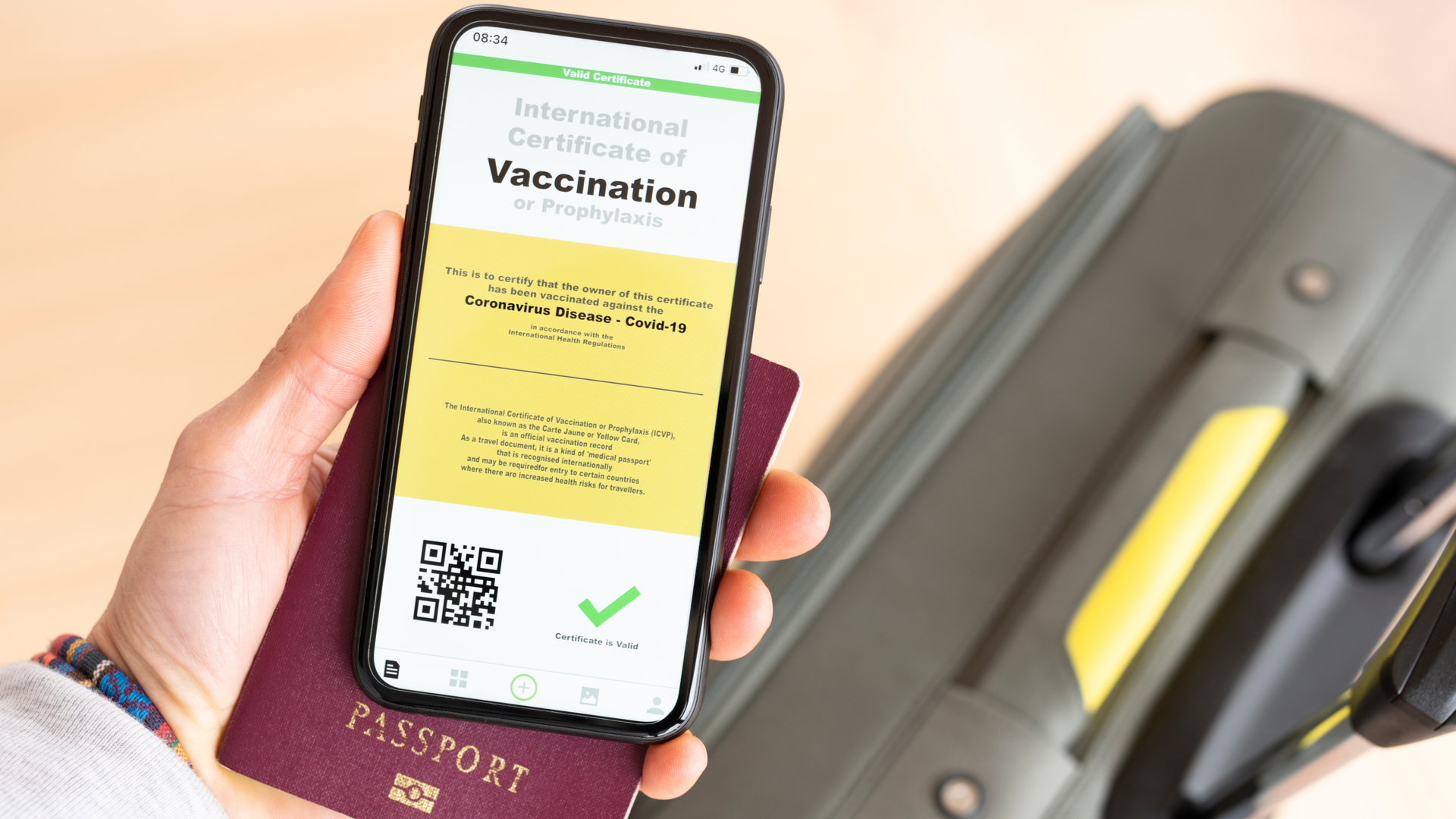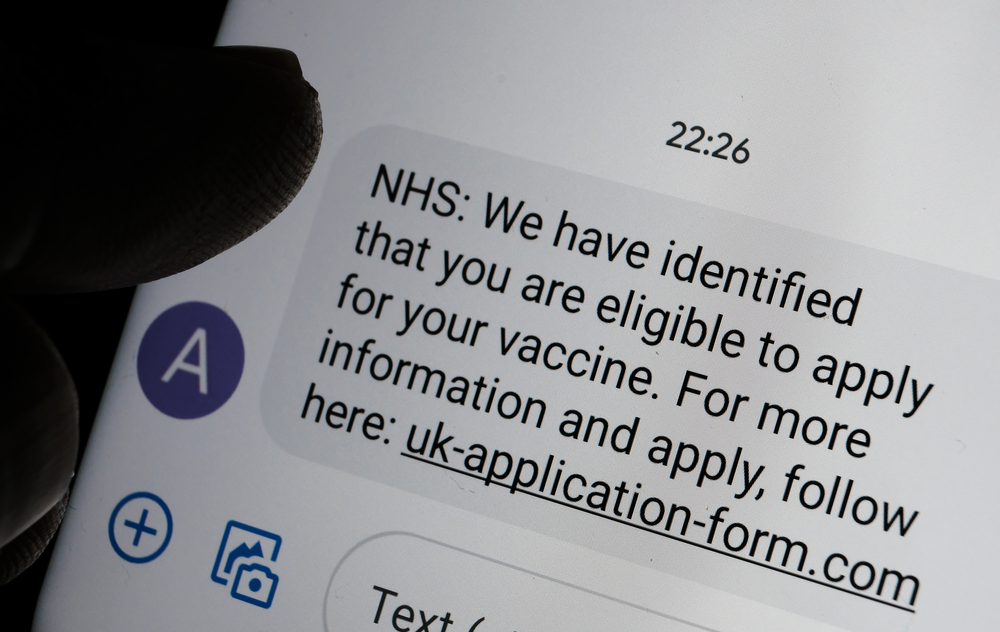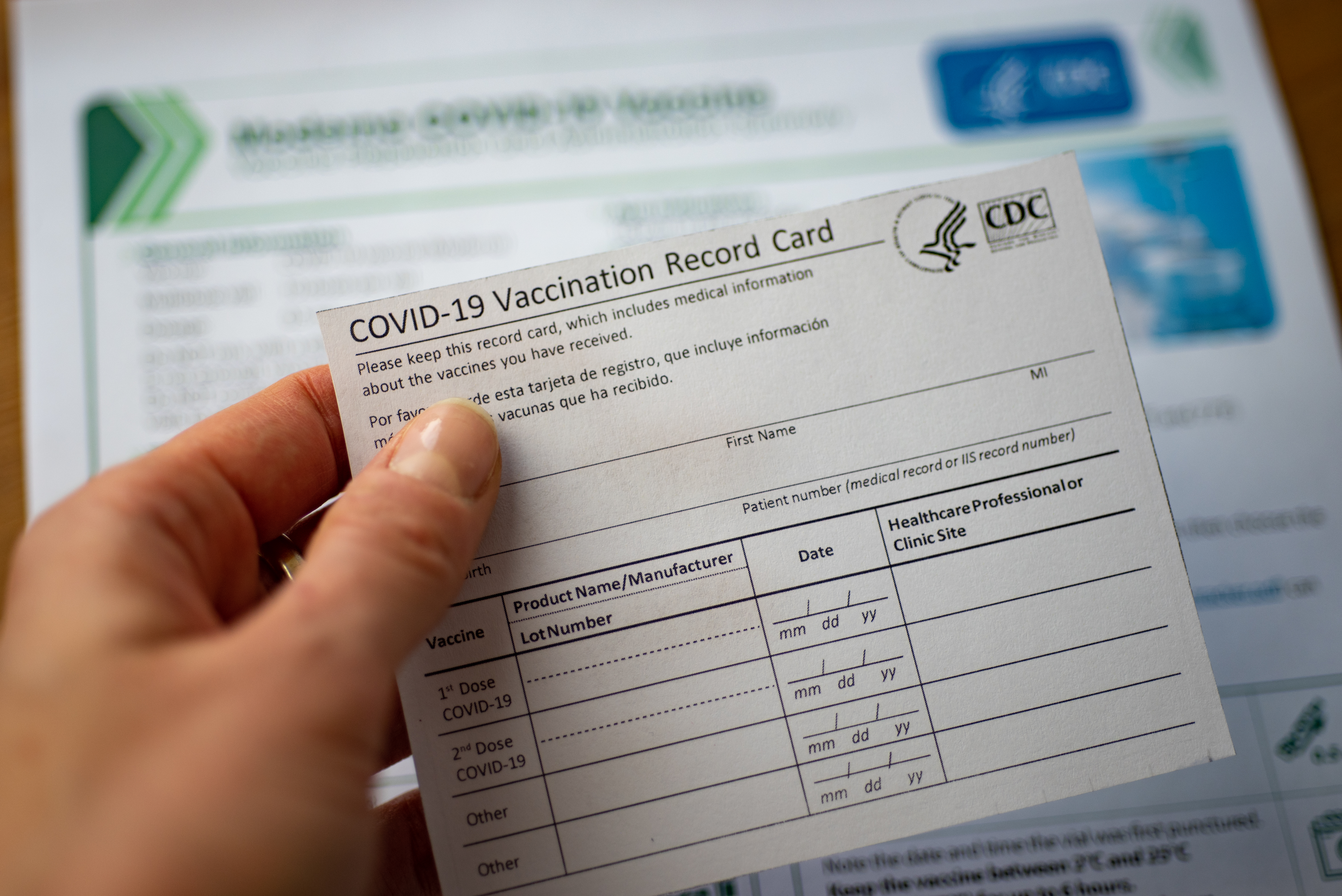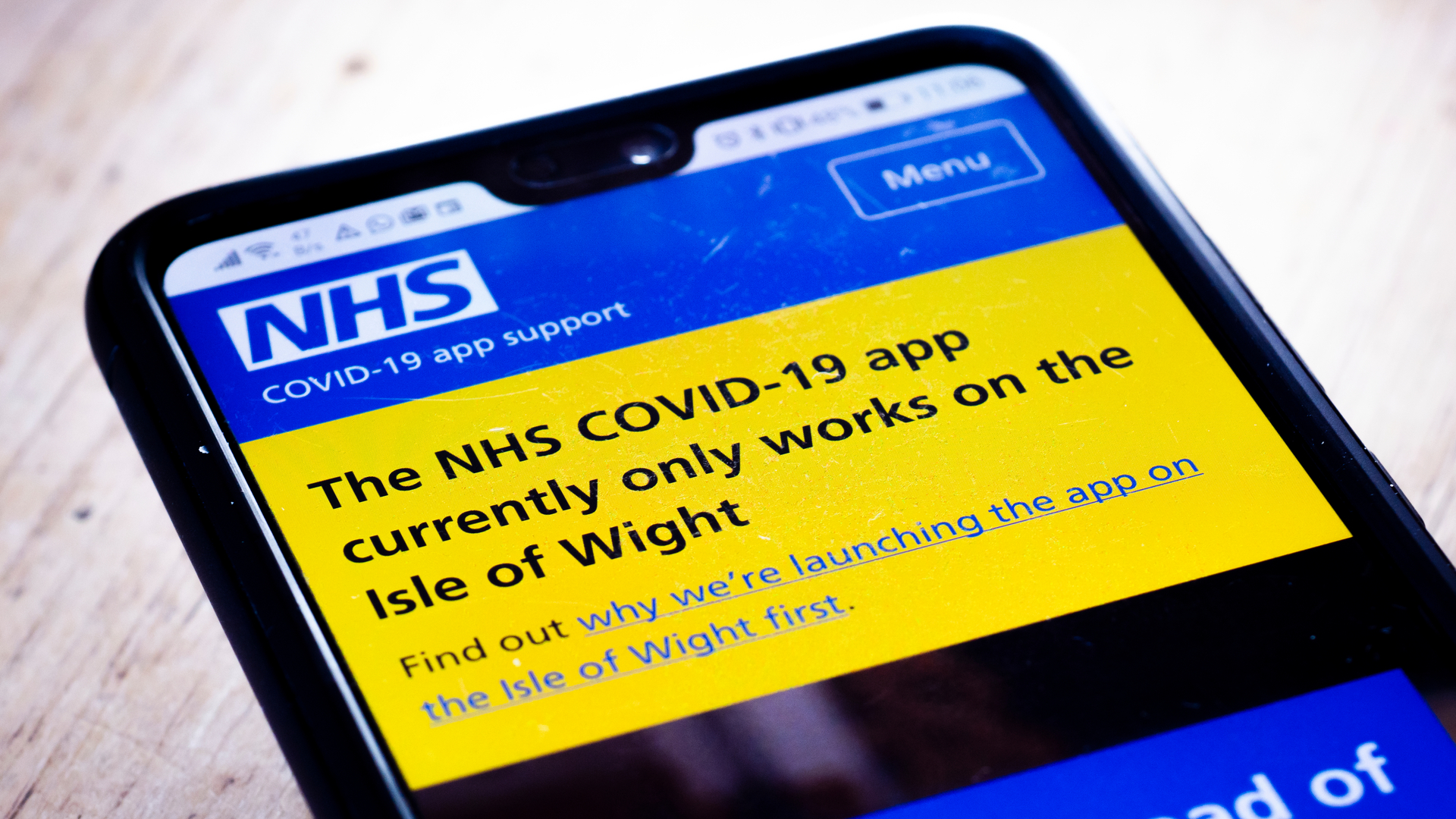Facebook tool will help to track the effectiveness of social distancing
The Disease Prevention Maps will use anonymized location data to track the movement of people


Facebook is working on a new tool that will show whether people are listening to self-isolation advice and orders designed to diminish the spread of the COVID-19 virus.
The company announced on Monday that the service will use anonymized location data to track the movement of people around regions, helping public health officials determine potential COVID-19 outbreak areas.
On his personal Facebook page, Mark Zuckerberg announced that the Disease Prevention Maps will be launched “in the US this week”.
Apple's coronavirus screening app comes under fire over privacy concerns EU data watchdog calls for pan-European coronavirus tracking app WhatsApp restricts message forwarding to curb spread of 5G myths Facebook sued by Australia over Cambridge Analytica scandal Facebook to reconsider its Libra cryptocurrency
“If the results are promising then we will quickly expand this globally in the days ahead,” he said.
According to Facebook, the maps will include movement range trends, a social connectedness index that shows the areas where people might need more support, and information on the probability that people in one area will come into contact with each other.
The collection of location data is anonymised and opt-in, meaning that Facebook users will have to first agree to share their data.
Zuckerberg also expressed his hopes for providing healthcare workers with sufficient information in order to plan ahead.
Sign up today and you will receive a free copy of our Future Focus 2025 report - the leading guidance on AI, cybersecurity and other IT challenges as per 700+ senior executives
“If this works, it can produce a weekly map that may help more accurately forecast how many cases hospitals will see in the days ahead, as well as an early indicator of where the outbreak is growing and where the curve is being successfully flattened,” he wrote.
Facebook's announcement is an example of the latest efforts of tech giants to contribute to fighting the pandemic.
Last week, Google published reports showing whether visits to public spaces and workplaces had dropped over the last month, as governments around the world advised citizens to stay at home and self-isolate in order to curb the spread of COVID-19.
The tech giant analysed location data from billions of users’ phones over 131 countries, making it the largest public dataset currently available. The report is designed to help health authorities evaluate whether citizens are complying with issued across the world.
The report revealed that in the UK there has been an 85% decrease in mobility trends for retail and recreational places, including restaurants, cafes, shopping centres, museums, libraries and cinemas. Public transport hubs had the second-largest decrease of 75%, while workplaces experienced a 55% fall in attendance.
Having only graduated from City University in 2019, Sabina has already demonstrated her abilities as a keen writer and effective journalist. Currently a content writer for Drapers, Sabina spent a number of years writing for ITPro, specialising in networking and telecommunications, as well as charting the efforts of technology companies to improve their inclusion and diversity strategies, a topic close to her heart.
Sabina has also held a number of editorial roles at Harper's Bazaar, Cube Collective, and HighClouds.
-
 Will autonomous robotics leap forward in 2026?
Will autonomous robotics leap forward in 2026?In-depth Connectivity and cost benefits remain barriers, despite breakthroughs in physical AI
-
 AWS and NTT Data team up to drive legacy IT modernization in Europe
AWS and NTT Data team up to drive legacy IT modernization in EuropeNews Partnership between AWS and NTT DATA aims to boost AWS European Sovereign Cloud capabilities
-
 Phishing emails target victims with fake vaccine passport offer
Phishing emails target victims with fake vaccine passport offerNews Scammers could steal victims’ personal information and never deliver the illegal goods, Fortinet warns
-
 COVID-related phishing fuels a 15-fold increase in NCSC takedowns
COVID-related phishing fuels a 15-fold increase in NCSC takedownsNews The NCSC recorded a significant jump in the number of attacks using NHS branding to lure victims
-
 COVID vaccine passports will fail unless government wins public trust, ICO warns
COVID vaccine passports will fail unless government wins public trust, ICO warnsNews Data watchdog's chief Elizabeth Denham warns that it’s not good enough to claim ‘this is important, so trust us’
-
 Fake COVID vaccination certificates available on the dark web
Fake COVID vaccination certificates available on the dark webNews Fast-growing market emerges for people wanting quick vaccine proof to travel abroad
-
 Cyber security firm saw attacks rise by 20% during 2020
Cyber security firm saw attacks rise by 20% during 2020News Trend Micro found attackers also heavily targeted VPNs
-
 Hackers using COVID vaccine as a lure to spread malware
Hackers using COVID vaccine as a lure to spread malwareNews Cyber criminals are impersonating WHO, DHL, and vaccine manufacturers in phishing campaigns
-
 Website problems slow coronavirus vaccine rollout
Website problems slow coronavirus vaccine rolloutNews Florida is the epicenter of website issues, as patients struggle with malfunctioning sites and hackers
-
 NHS COVID-19 app failed to ask users to self-isolate due to 'software glitch'
NHS COVID-19 app failed to ask users to self-isolate due to 'software glitch'News The bug is the latest in a long line of errors and glitches to plague the government's contact-tracing app
